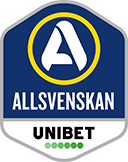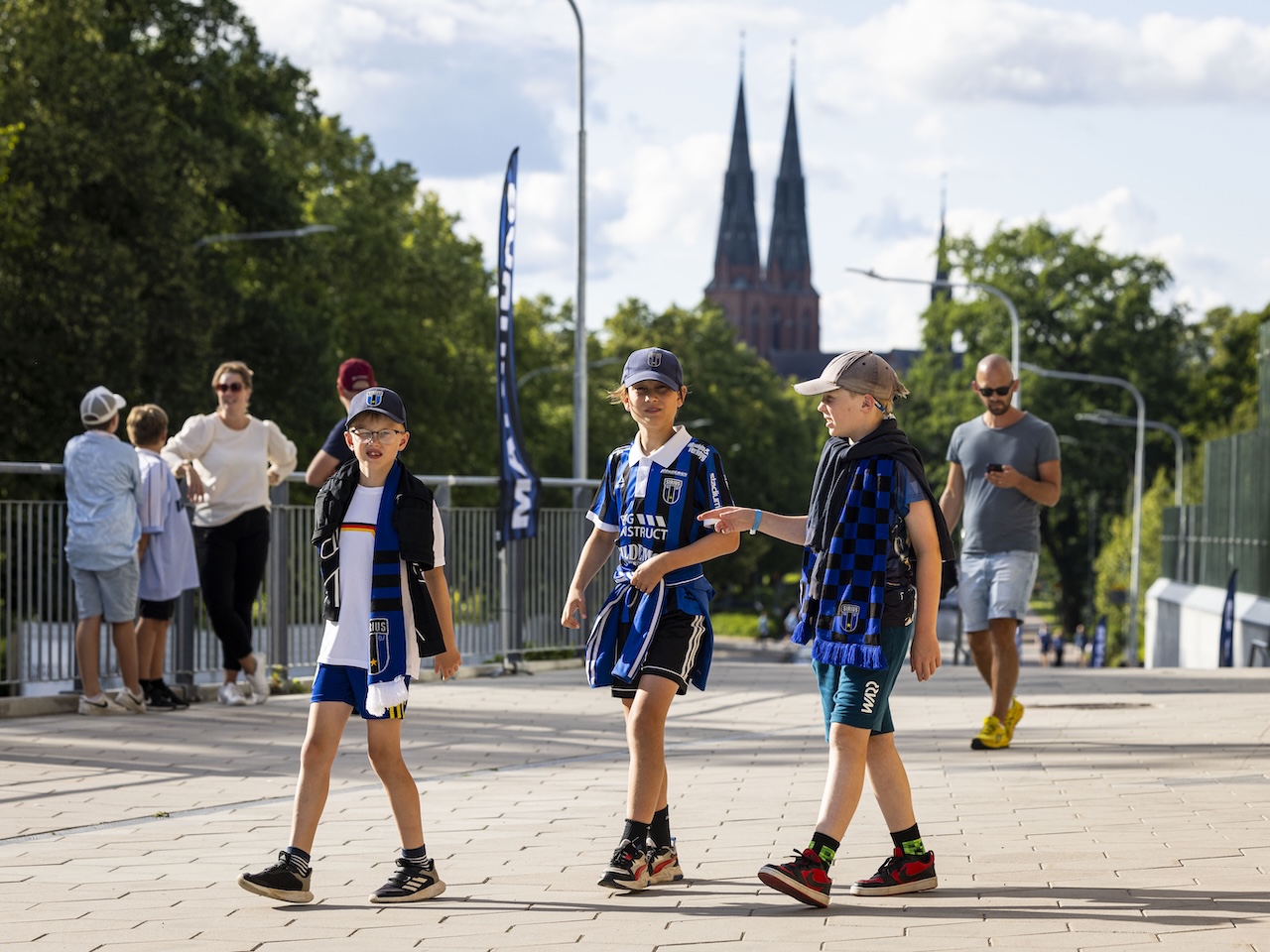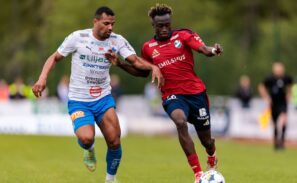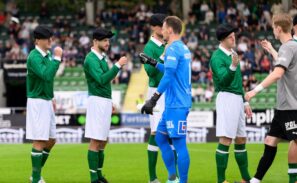Swedish Professional Football Leagues has conducted a pilot project in collaboration with four clubs from Allsvenskan and Superettan to strengthen partnerships with their respective municipalities. This pilot is part of a strategic initiative by the clubs in Allsvenskan and Superettan, together with Swedish Professional Football Leagues (SEF).
The project ran four pilot programs during 2023 and 2024 with the following clubs and municipalities: Halmstads BK/Halmstad Municipality, IK Brage/Borlänge Municipality, IK Sirius Fotboll/Uppsala Municipality, and Trelleborgs FF/Trelleborg Municipality. In some cases, the project has had significant impact in 2024.
“It became evident during the project that the clubs already contribute substantially to many municipal goals, but that both parties could improve in showcasing these efforts. Additionally, it was clear that the clubs, with their organizations, socially significant work, and strong brands, could contribute even more to their home communities if collaboration were enhanced,” says Kaveh Sarvari from Swedish Professional Football Leagues, who led the project alongside Staffan Isling, an experienced public sector professional, including former CEO of the Swedish Association of Local Authorities and Regions.
The project originated in 2022 when Swedish Professional Football Leagues and the elite football clubs began assessing relationships between clubs and their home municipalities at both the administrative and political levels. The assessment provided valuable insights and highlighted a strong need and desire for enhanced collaboration between the parties. SEF was then tasked with developing a strategic model to strengthen the partnership between clubs and their municipalities.
“We started by reviewing the operational plans of both clubs and municipalities, conducting interviews with club and municipal leadership, and gathering data on the club’s impact on the city and its residents. This covered everything from effects on the city’s brand and attractiveness, tourism economy, and social impact,” explains Kaveh Sarvari.
The project revealed a degree of misunderstanding regarding each party’s operations and organizational challenges, which historically has created a certain sluggishness in collaboration.
“In the case of Uppsala and Sirius Fotboll, it became evident that the club has a unique economic, organizational, brand, and audience status in the city. These factors highlight the need for the club and municipality to engage in more forums together and leverage each other’s strengths to further develop Uppsala,” Sarvari concludes.
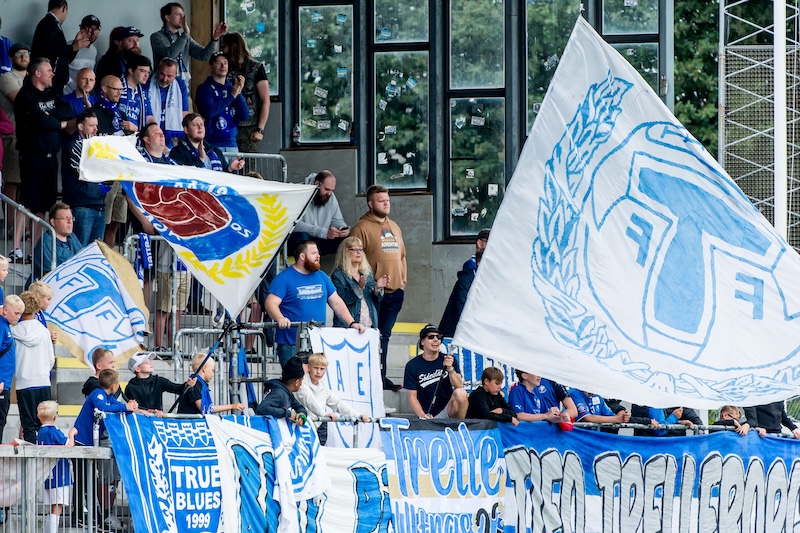
The participating clubs report that the pilot project has led to more intensive and evolved dialogue with their municipalities.
“We are pursuing several parallel initiatives to develop Sirius Fotboll and Uppsala together. One of the projects we are exploring is the development of the stadium, where the municipality is currently assessing the possibility of transferring event management from the Sports and Leisure Committee (IFN) to the Arena Company (Arenor och Fastigheter). The goal is to improve the overall customer experience in the long term, and we are, of course, very supportive of this,” says Martin Malmberg, club manager at IK Sirius.
“For us, having an external review and a partner like SEF has been essential in building mutual understanding of our different missions and creating structural conditions that are not dependent on individuals and ensure reliable delivery. This has led to an increased understanding of each other’s activities and made both parties realize the value of collaboration,” says Mattias Kronvall, club manager at Trelleborgs FF.
It remains to be seen how the work will progress with more clubs and municipalities in the coming operational years.

